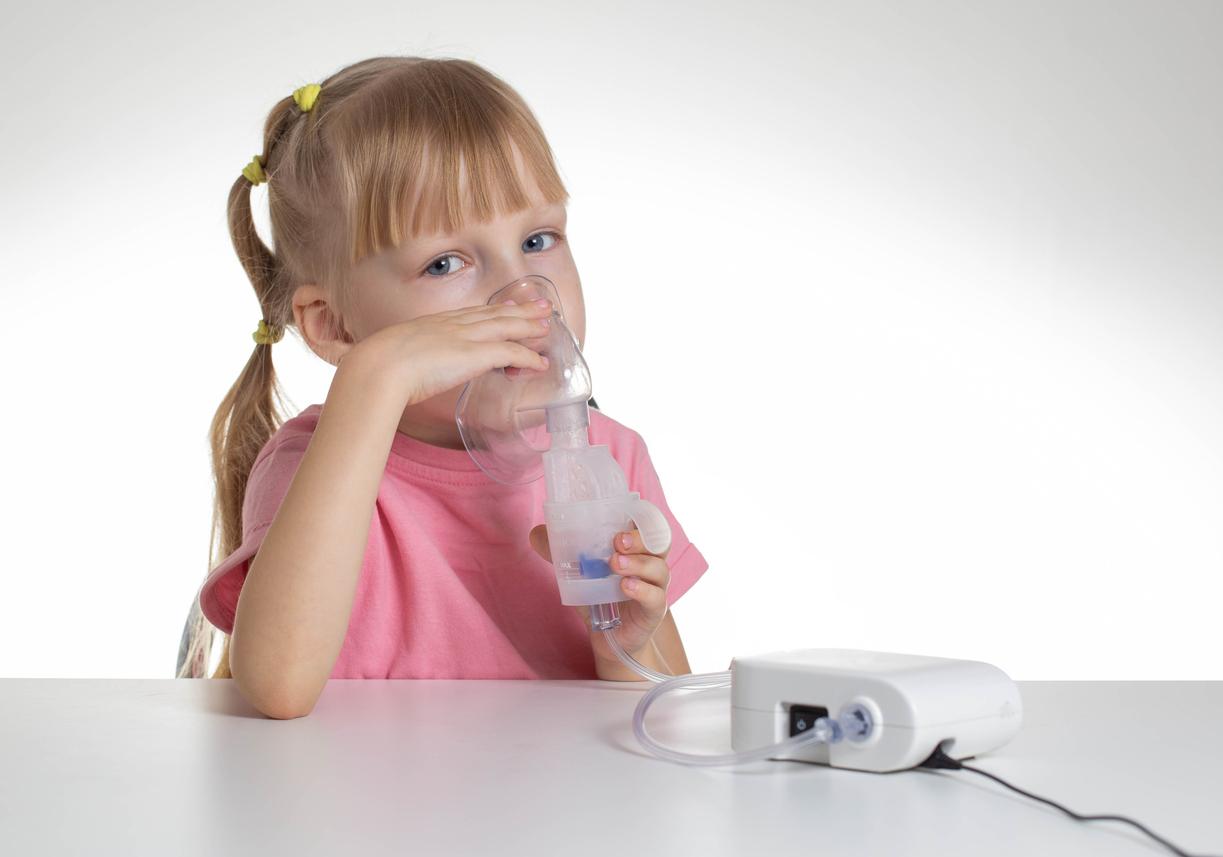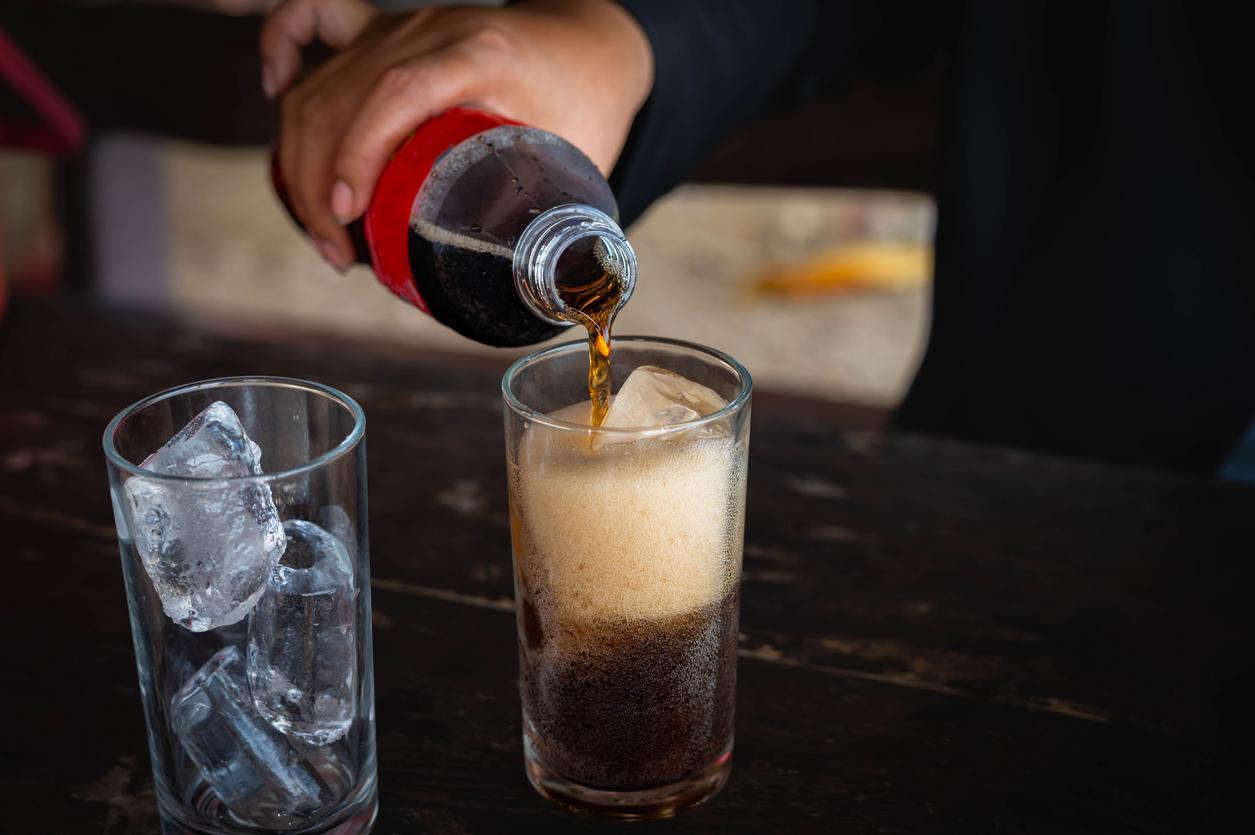Several measures are called for: traceability and information for the consumer, the ban on titanium dioxide and a marketing authorization system.

On the media health scene, nanotechnologies, which everyone feared a few years ago, have given way to endocrine disruptors. Yet the concerns have not been raised.
On July 12, eight associations * sent an open letter to members of the government, calling for action to finally be taken to ensure the health of the French in the face of nanomaterials. These NGOs all participate in a working group “Labeling and restriction of nanomaterials”, led by the Ministry of the Environment.
And in the two years that the group has been meeting, little has been done. “We are formulating, on the basis of scientific considerations, recommendations concerning the labeling and restriction of nanomaterials in consumer products … without tangible results to date, nor a clear signal of a willingness to take concrete short-term measures. », Denounce the associations in their letter.
They are everywhere
“However, we are all exposed, most often without knowing it”, they recall. Beauty products, clothing, food, drugs, detergents… “Each year in France, nearly 500,000 tonnes of nanomaterials are imported or manufactured on national soil”.
However, bundles of scientific clues converge towards a confirmation of the dangerousness of certain products. In particular, the National Institute for Agricultural Research (Inra) and the National Agency for Food, Environmental and Occupational Health Safety (ANSES) this year confirmed the carcinogenic potential of titanium dioxide nanoparticles. contained in the coloring E171, used in food, hygiene products or drugs.
Three flagship measures
Faced with these risks and the inaction on the regulatory side, the associations are calling for the establishment of a “national strategy on nanomaterials.” If the search for a consensus is laudable, establishing it as a principle leads to doing nothing … and therefore to favoring the position of a group of minority players, the manufacturers of nanomaterials, to the detriment of the protection of human health and ecosystems. “
They are calling for three measures. As a priority, the temporary ban on titanium dioxide nanoparticles in the E171 dye, and the creation of a “more general procedure for authorizing the marketing of nanomaterials in France”. Ultimately, nanomaterials could no longer be used on a large scale in everyday consumer goods in contact with the human body. At least, not without having proven their harmlessness to humans and the environment, or their usefulness.
The NGOs are also asking that the information be made available to the consumer, via precise labeling mentioning the use of nanomaterials. And finally, that the traceability of the products be ensured.
Center for International Environmental Law (CIEL), Association for civic watch and information on the challenges of nanosciences and nanotechnologies (AVICENN), France Nature Environnement (FNE), Familles de France (FDF), Agir pour l’Environnement (APE) ), Women Engage for a Common Future France (WECF France), Committee for Sustainable Development in Health (C2DS), Center d’Information sur l’Environnement et d’Action pour la Santé (CIEAS).
labeling
















